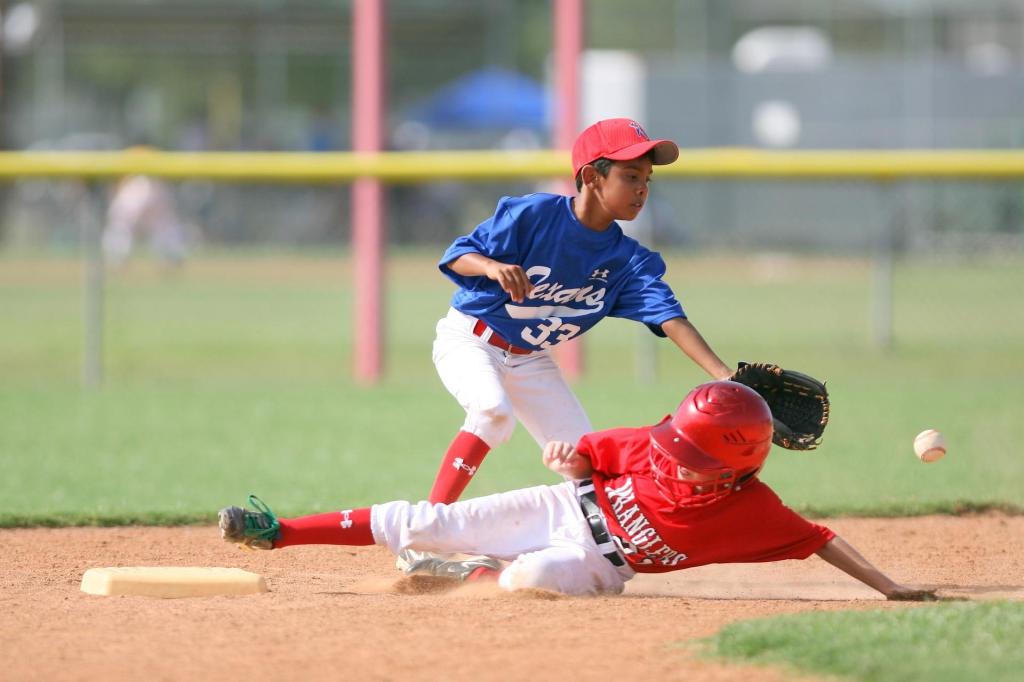A lot of parents are tired of being told how technology is screwing up their kids. Moms and dads of the digital age are well aware of the growing competition for their children’s attention, and they’re bombarded at each turn of the page or click of the mouse with both cutting-edge ideas and newfound worries for raising great kids.
But beneath the madness of modernity, the basics of raising a moral child haven’t really changed. Parents want their kids to achieve their goals and find happiness, but Harvard researchers believe that doesn’t have to come at the expense of kindness and empathy. They say a few tried-and-true strategies remain the best ways to mold your kids into the morally upstanding and goals-oriented humans you want them to be.

Here are six practical tips:
1) Hang out with your kids.

This is, like, the foundation of it all. Spend regular time with your kids, ask them open-ended questions about themselves, about the world and how they see it, and actively listen to their responses. Not only will you learn all sorts of things that make your child unique, you’ll also be demonstrating to them how to show care and concern for another person.
2) If it matters, say it out loud.
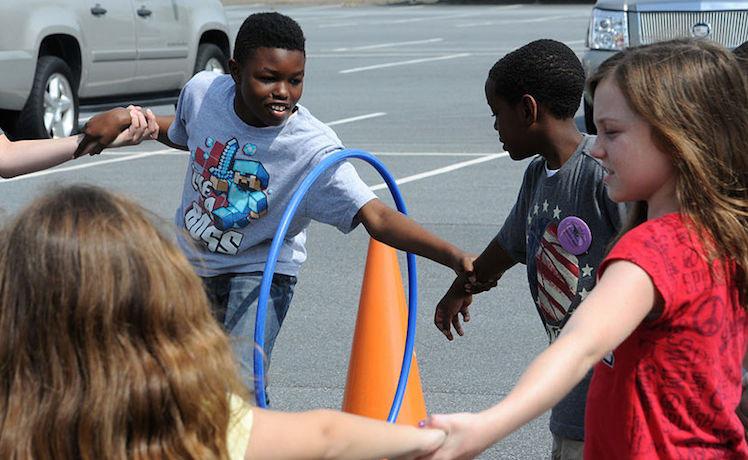
According to the researchers, “Even though most parents and caretakers say that their children being caring is a top priority, often children aren’t hearing that message.” So be sure to say it with them. And so they know it’s something they need to keep up with, check in with teachers, coaches, and others who work with your kids on how they’re doing with teamwork, collaboration, and being a generally nice person.
3) Show your child how to “work it out.”
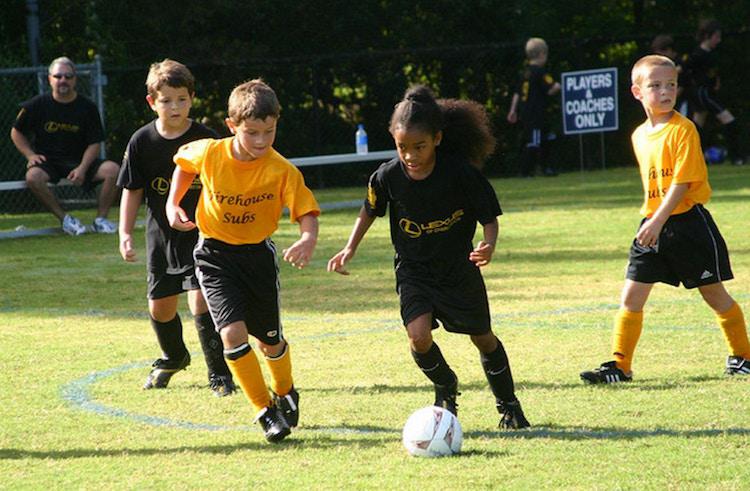
Walk them through decision-making processes that take into consideration people who could be affected. For example, if your child wants to quit a sport or other activity, encourage them to identify the source of the problem and consider their commitment to the team. Then help them figure out if quitting does, in fact, fix the problem.
4) Make helpfulness and gratitude routine.

The researchers write, “Studies show that people who engage in the habit of expressing gratitude are more likely to be helpful, generous, compassionate, and forgiving — and they’re also more likely to be happy and healthy.” So it’s good for parents to hold the line on chores, asking kids to help their siblings, and giving thanks throughout the day. And when it comes to rewarding “good” behavior, the researchers recommend that parents “only praise uncommon acts of kindness.”
5) Check your child’s destructive emotions.
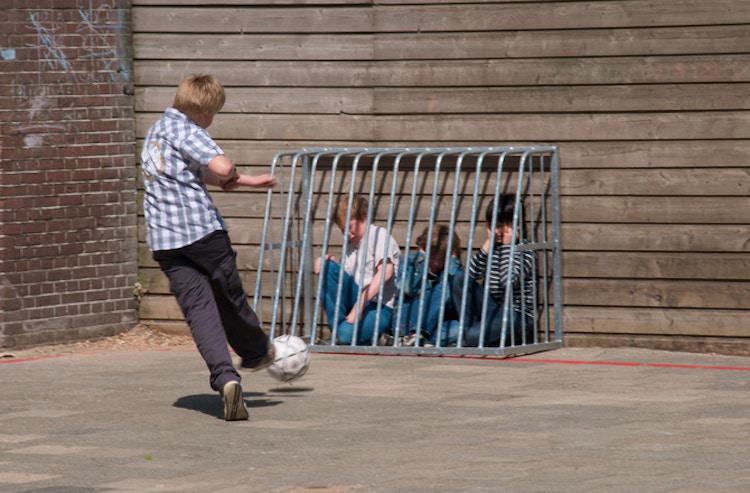
“The ability to care for others is overwhelmed by anger, shame, envy, or other negative feelings,” say the researchers. Helping kids name and process those emotions, then guiding them toward safe conflict resolution, will go a long way toward keeping them focused on being a caring individual. It’s also important to set clear and reasonable boundaries that they’ll understand are out of love and concern for their safety.
6) Show your kids the bigger picture.
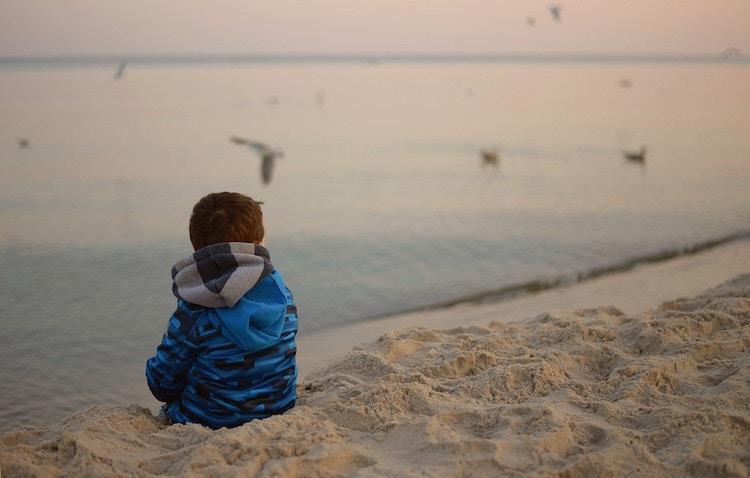
“Almost all children empathize with and care about a small circle of families and friends,” say the researchers. The trick is getting them to care about people who are socially, culturally, and even geographically outside their circles. You can do this by coaching them to be good listeners, by encouraging them to put themselves in other people’s shoes, and by practicing empathy using teachable moments in news and entertainment.
The study concludes with a short pep talk for all the parents out there:
“Raising a caring, respectful, ethical child is and always has been hard work. But it’s something all of us can do. And no work is more important or ultimately more rewarding.”
This article originally appeared ten years ago.

